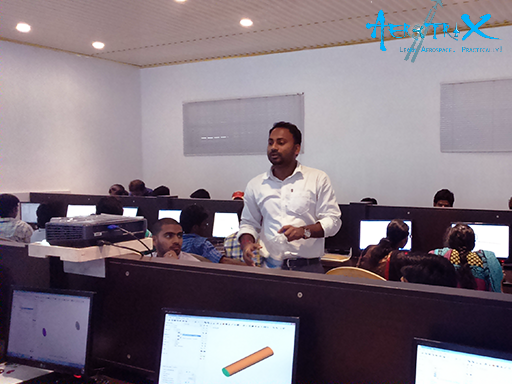Jabalpur is a major city in Madhya Pradesh.
About
Jabalpur an ancient city in central India on the shores of the holy river Narmada and on the tributary plains the Hiran, Gour, Ken and Sone rivers. The Narmada River valley is famous for its Marble Rocks, a unique formation where the whole river flows for nearly 2 kilometers between varied coloured and tinted marble rocks with a deep water fall. Its cardinal point are 23 degree 10'N latitude and 79 degree 57' E longitude with altitude of 393 meters mean sea level.
Pleasure resort and capital of the Gond Kings during the 12th century, Jabalpur was later the seat of the Kalchuri dynasty. The Marathas held sway over Jabalpur until 1817, when the British wrested it from them and left their impression on the spacious cantonment with its colonial residences and barracks. Today Jabalpur is an important administrative, industrial and business center of MP and India. Population wise ranks 27th in the country.
Jabalpur is an industrial city with a large component of defense industry and a lot of smaller cottage industry. It is a great education center as well, with two universities, Rani Durgavati University and Jawaharlal Nehru Agricultural University, and with about 30 colleges with a range of faculties. It also has several engineering and medical colleges.
Vinoba Bhave, the modern saint philosopher of India, christened this city as Sanskar Dhani- the capital of various cultural influences. He was impressed by its cosmopolitan character and communal harmony. The city has a sizeable population of people from Bengal, Gujarat, Punjab, Uttar Pradesh and South India who live in total harmony and peace and add richness to the life in the city. One can also see the fusion of cultures in this city. The culture here is also reminiscent of British and Gond Tribes, which is now shaped by local businessman and engineers and doctors. Similar to some Mexican cities, families are very close-knit and often get together for ceremonies and festivals.
The best time to visit is September to March. Summers should be avoided. Rains are beautiful too if you live in a better location(July to September). The city has awesome climate.
The people in this city are very artistic and cultural oriented. It is considered very friendly to sing songs for no reason at all. Unlike other cities in India, most educated people here are only good with Hindi and local variants of the language. English speaking population is generally employed in government institutes and their English could be old Shakespearian. Hence this city is the perfect place to dip into the central culture of India. People here generally listen to local Radio as a part of their life. You can eat pizza with youngesters at Domino's. However most people are likely not to eat it regularly as it is considered very unhealthy. City life is very moderate and relaxed. Most of the residents will wake up early and go for work and come back in evening to have a hearty dinner with family.
You can talk about anything and everything including Gandhi, food, music, education, roads, religion in summers. They are generally more open to discussions in summer over the winters. The best way is to ask questions and once they are comfortable, they will tell you more. Use of "do not eat", "drink", "stand up" may sound rude to North Americans and Europeans, but they are not intended to be impolite. Infact if you know their local language, you will be surprised to see how polite they are. Use of swear words is considered as generally very rude and unfriendly. This is remarkably different than the northern part of Hindi-speaking India where swearing is, in general, acceptable. Most educated people do not mingle with locals for this reason. People will be open to suggest, if they know the stuff better than anyone else. Dussehra is the best and most photographed festivals of this city and it totally changes the pattern for atleast a week. Diwali is also very well celebrated here. Holi is generally dirty with bad colors which might cause severe irritation to eyes and skin and can be avoided with use of fruit-colors. You can ask your guest to check this before they shop for colors for Holi. For a new educated traveller, it is good to talk about local colleges and the education standards or the local cuisine(which ranges infinitely). The city is cool and very absorbent to different religions. The best high school education is provided by Christian schools, yet they are very expensive and completely lack the local cultural flavor.
How to Reach
Jabalpur is well connected by air, train and road.
Indian Airlines operates flights four days a week from Delhi to Jabalpur. There is no direct flight to Mumbai. International travelers will be well connected to Jabalpur from both metro cities of Mumbai and Delhi.
Jabalpur is well-connected with superfast trains and express trains from Kolkata, Ahmedabad, Mumbai, Bhopal, Bandhavgarh (Umaria), Jaipur, Lucknow, Chennai, Patna, Hyderabad, Bangalore, Pune, Goa, Vadodara, Jaipur, Nagpur, New Delhi, Varanasi & Patna.
The national Highway (Varanasi-Kanyakumari Road NH7, Jabalpur-Jaipur Road NH12) passes through Jabalpur and there are daily bus services from Jabalpur to Nagpur, Katni, Jaipur, Gwalior, Bhopal etc.
Reproduced from Wikipedia
